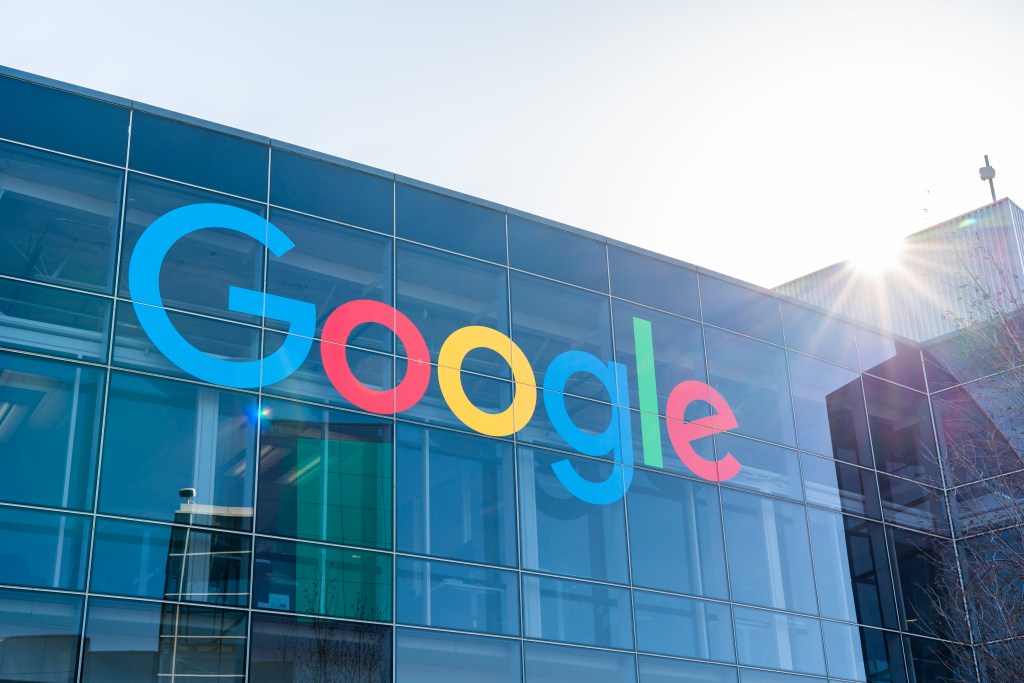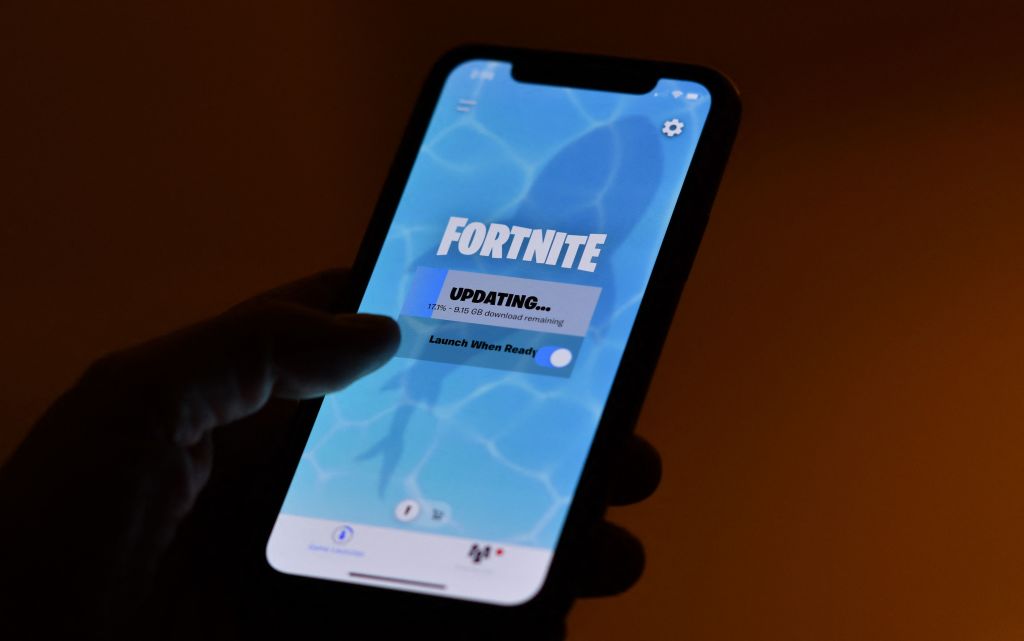
Hello and welcome back to TechCrunch Space. I wanted to flag once again that the final agenda for the Space Stage at TechCrunch Disrupt is now live. I’ll be pushing this event for the next few weeks, given that we’re just a bit over a month away! We’d love for you to join us.
Want to reach out with a tip? Email Aria at [email protected] or send a message on Signal at 512-937-3988. You also can send a note to the whole TechCrunch crew at [email protected]. For more secure communications, click here to contact us, which includes SecureDrop instructions and links to encrypted messaging apps.
Story of the week
SpaceX’s fight against regulators kicked up a notch last week. First, the FAA announced it was seeking two fines, totaling $633,009, from the company for alleged launch license violations on two occasions that took place over a year ago.
While this is no doubt just a rounding error for SpaceX, the company hit back hard against the allegations in a letter sent to top congressional leaders. The company asserts that the inability of the FAA’s Office of Commercial Space Transportation (AST) to process “relatively minor” license updates is further proof that the agency is unable to keep pace with the space industry’s — but chiefly SpaceX’s — rapid growth.
CEO Elon Musk used his platform on X to put his perspective more plainly: “The fundamental problem is that humanity will forever be confined to Earth unless there is radical reform at the FAA.”

Deal of the week
NASA wants to establish a permanent human presence on the moon, but right now, astronauts have to be in direct line of sight with Earth to phone home.
The space agency is looking to change that with its developing Near Space Network, and it’s willing to pay potentially huge sums to private companies to help make continuous lunar communications a reality. Those plans got a boost last week when NASA announced it had awarded Intuitive Machines a contract to build and deploy a satellite constellation capable of providing navigation and communications for future missions on or around the moon.
The contract has a maximum potential value of $4.82 billion, though Intuitive Machines will get $150 million guaranteed to get started.

This week in space history
A year ago NASA made history when its OSIRIS-REx capsule became the first American mission to deliver a sample of an asteroid to Earth. The Origins, Spectral Interpretation, Resource Identification, and Security-Regolith Explorer (OSIRIS-REx) spacecraft landed in Utah after a nearly three-year journey home from the asteroid Bennu. The capsule returned around 250 grams (8.8 ounces) of rocks and dust.
Read more about the mission, why NASA selected Bennu, and what the samples may tell us about the formation of our solar system.






